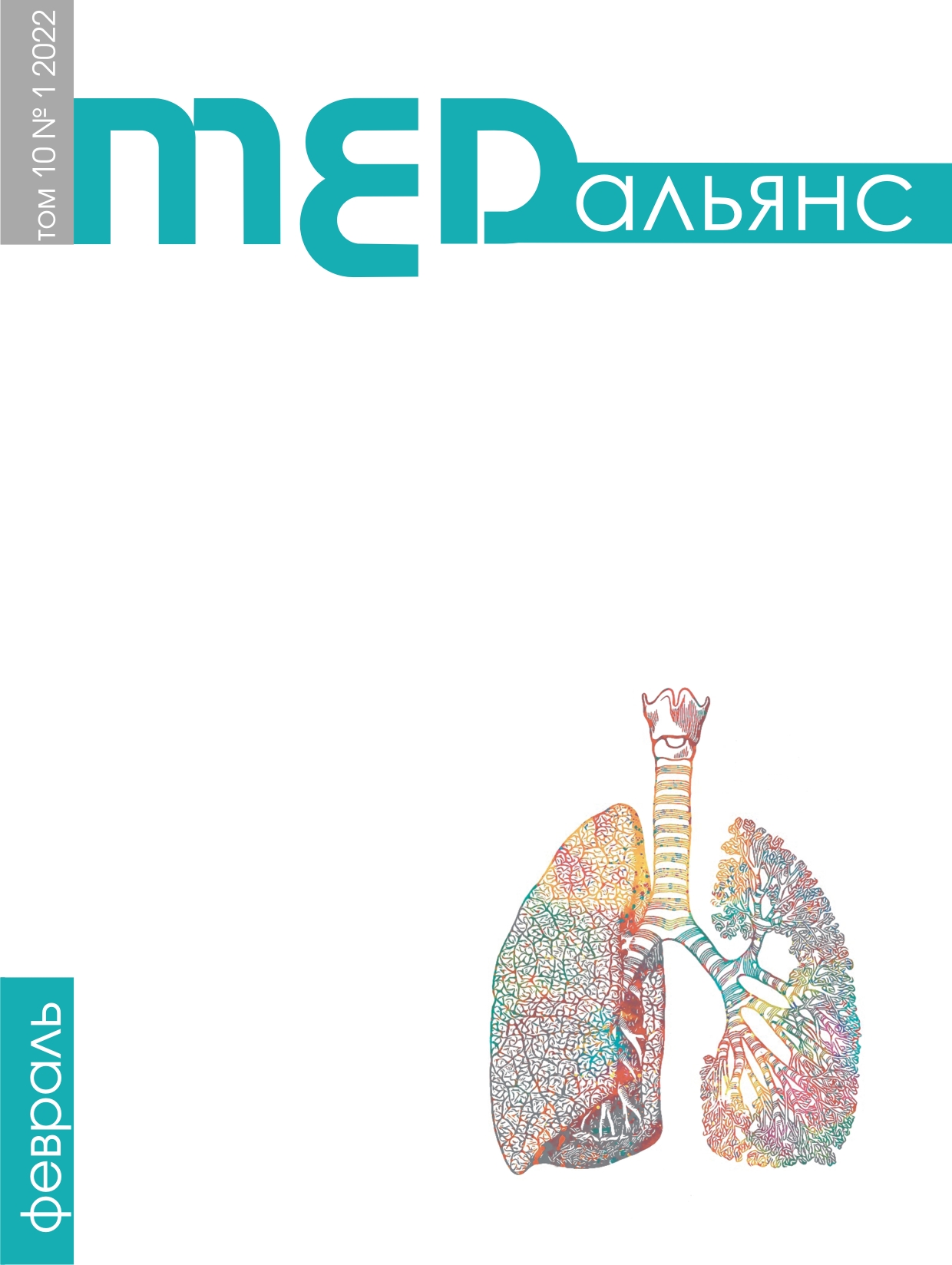Abstract
The article presents the results of a study carried out on one of the topical topics — the problems of emotional burnout of medical staff.
The purpose of this study is to identify the specifics of emotional burnout of medical workers and the relationship of its aspects with other life factors.
Materials and methods of research. 41 people took part in the study. Of these, 16 doctors and 25 nurses. The following methods were used: «Diagnostics of professional burnout» (K. Maslach, S. Dzhekson); «Integral job satisfaction» (N.P. Fetiskin, V.V. Kozlov, G.M. Manujlov); «Wheel of life balance» Dzh. Majer) and Spearman’s rank correlation method.
Results. In medical workers of different levels (both doctors and nurses), the overall level of emotional burnout syndrome has negative correlations with the scales «Satisfaction with relationships with a supervisor» (–0.46 at p?0.01), «Preference for high earn- ings» (–0.52 at p?0.01), «Friends and environment» (–0.41 at p?0.05), as well as weak negative correlations with the scale «Professional responsibility» (–0.28 at p?0.01), «Brightness of life» (–0.37 at p?0.01), which means that burnout develops accordingly to a decrease in satisfaction from relationships with management, earnings, responsibility. In the group of nurses, in contrast to the group of doctors, correlations of emotional burnout were found with the scales «Satisfaction with relationships with employees» (–0.31 at p?0.01), and «The level of claims» (–0.44 at p?0.01), which means that with the develop- ment of burnout, relations with colleagues deteriorate, and the level of claims decreases.
Conclusion. Based on the results of the study, recommendations addressed to the study participants were proposed.

